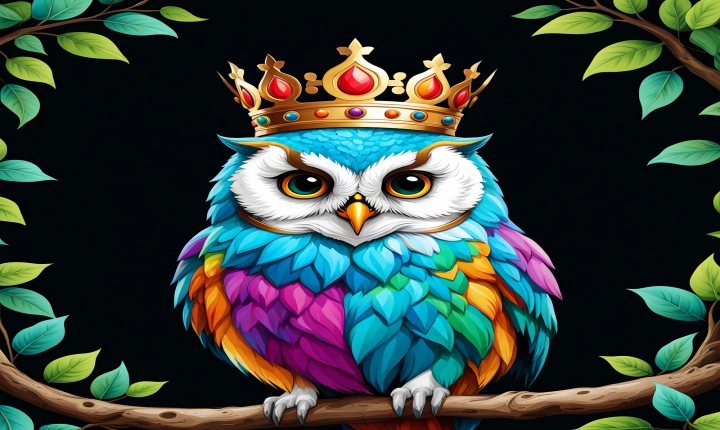Are you an aspiring musician looking for innovative ways to showcase your talent? Or perhaps you’re an AI enthusiast intrigued by the intersection of technology and music? Look no further because in this article, we will delve into the exciting world of creating AI song covers. With advancements in artificial intelligence and machine learning, it’s now possible to use AI to generate unique and compelling renditions of popular songs. Here’s how you can make your own song AI covers.
Choose the Right Software and Tools
The first step in creating AI song covers is to select the appropriate software and tools. There are several platforms and applications available that utilize machine learning algorithms to analyze and recreate music. Some popular options include OpenAI’s Jukebox, Magenta Studio, and Google’s NSynth. These platforms offer a range of features, from generating melodies and harmonies to synthesizing instrument sounds.
Selecting the right software depends on the level of customization and control you desire over the song covers. Some platforms provide more flexibility in terms of tweaking the musical elements, while others are more user-friendly for those with limited technical expertise.
Gather High-Quality Data
Once you have chosen the software, the next step is to gather high-quality data to train and feed into the AI model. This involves sourcing audio samples of the original song, including vocal tracks, instrumentals, and any other relevant components. The quality of the data is crucial, as it directly impacts the accuracy and fidelity of the generated song cover. Ensure that the audio samples are clear, well-recorded, and representative of the desired musical style.
Train the AI Model
Training the AI model is a complex and resource-intensive process that involves feeding the gathered data into the chosen software. The AI model then analyzes the patterns, structures, and nuances of the music to learn and understand the underlying musical elements. This step typically requires a substantial amount of computational power and time, especially for more advanced and intricate song covers.
During the training process, it’s essential to fine-tune the parameters of the AI model to achieve the desired level of creativity and authenticity in the song covers. This may involve adjusting the tempo, key, and instrumentation to align with your artistic vision.
Generate and Refine the Song Covers
After the AI model has been trained, it’s time to generate the song covers. This involves inputting parameters and instructions into the software, such as the style, mood, and musical elements to be included in the cover. The AI model then processes this information and generates a unique rendition of the original song, incorporating its learned understanding of musical composition and structure.
Once the song covers have been generated, it’s important to listen to and evaluate each version carefully. Refine and iterate on the covers as needed to achieve the desired musical expression and emotional impact. This may involve making adjustments to the arrangement, dynamics, and overall sound to enhance the cohesiveness and aesthetic appeal of the covers.
Finalize and Share the Song Covers
Once you are satisfied with the generated song covers, it’s time to finalize and share them with the world. Consider adding your personal touch to the covers, whether it’s through vocal performance, additional instrumentation, or audio effects. This helps infuse the covers with your unique style and interpretation, making them more engaging and memorable for your audience.
When sharing the AI song covers, consider leveraging social media, music streaming platforms, and online communities to reach a wider audience. Engage with your listeners, gather feedback, and continue refining your approach to creating AI song covers. By leveraging technology and creativity, you can captivate and inspire music enthusiasts with your inventive and original renditions of popular songs.
In conclusion, creating AI song covers is a fascinating and promising avenue for musicians and AI enthusiasts alike. By leveraging the power of machine learning and music generation algorithms, you can push the boundaries of musical expression and creativity. With the right software, high-quality data, and a dedicated approach to training and refining the AI model, you can create compelling and captivating song covers that resonate with listeners around the world. Embrace the fusion of technology and music, and let your imagination soar as you embark on this exciting musical journey.
